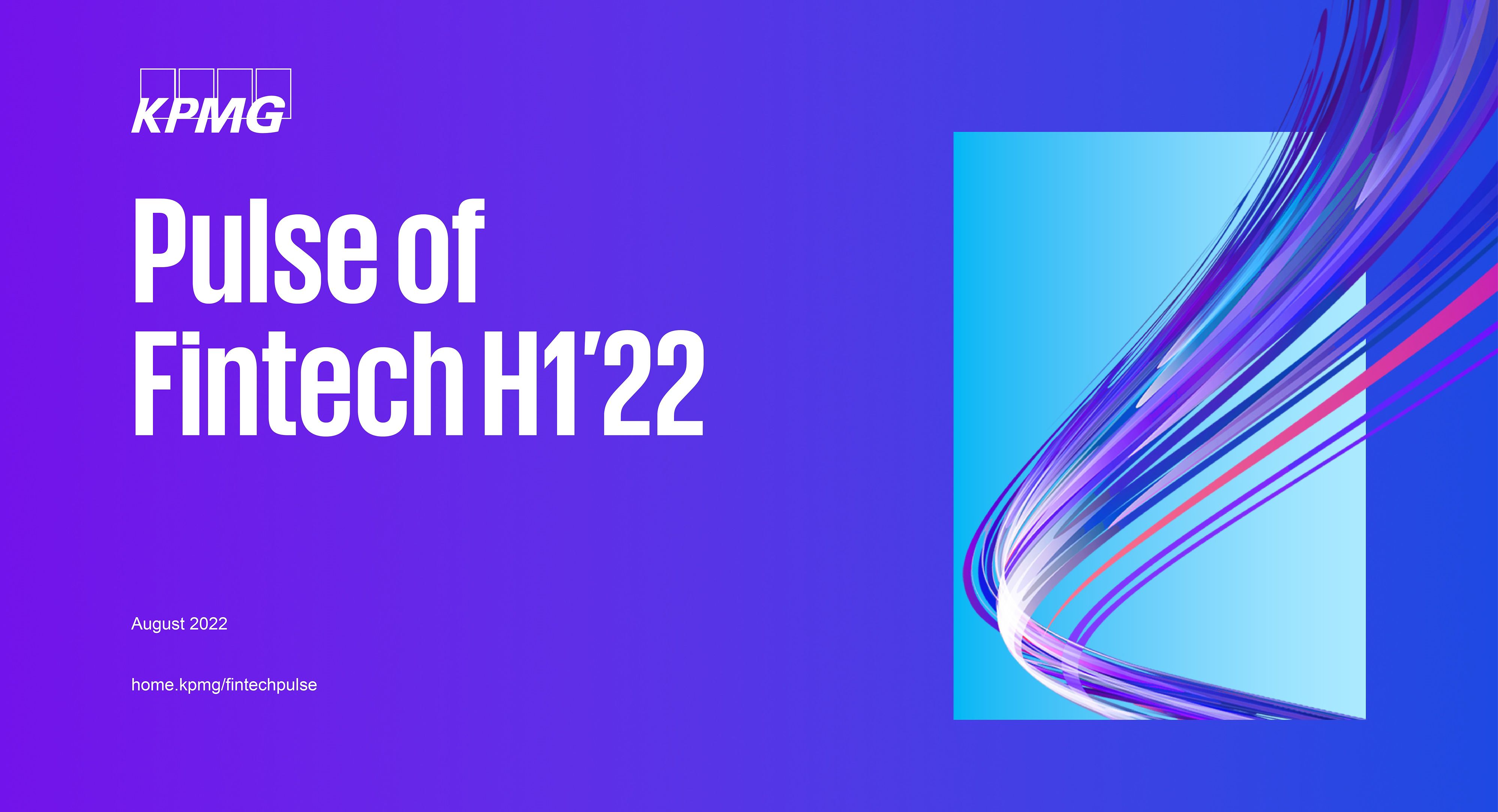Latest edition – H1 2022
The optimism that permeated the fintech market at the end of 2021 quickly transformed into concerns about a potential recession in H1’22 as uncertainties related to the Russia-Ukraine conflict, ongoing supply chain challenges, and rising inflation and interest rates took their toll on public and private companies alike.
Both total global investment in fintech and the total number of fintech deals fell between H2’21 and H1’22. Fintech investment dropped in both the Americas and EMEA, while the Asia-Pacific region attracted a new record high, primarily as a result of several large M&A transactions, including the $27.9 billion acquisition of Australia-based Afterpay by Block. The payments space accounted for the largest share of fintech investment during H1’22 ($43.6 billion), followed by crypto ($14.2 billion).
Looking back, H1’22 can be defined by one word: unexpected. Consider some of the key trends we’ve seen across the fintech sector over the past 6 months:
- declining investment across most jurisdictions, particularly between Q1’22 and Q2’22
- shuttering of IPO window in wake of turmoil in public markets and rapid decline in valuations
- ongoing strength of payments sector across numerous jurisdictions
- increasing focus on automation and extreme automation in cybersecurity given the ever-increasing number of issues in need of investigation
- growing diversity of jurisdictions attracting fintech investments, particularly $100 million+ VC rounds.
Heading into the second half of 2022, market challenges are expected to continue, with investors increasingly focusing on top-line revenue growth, profitability, and cash flow. M&A activity is well-positioned to grow as mature sectors see consolidation and investors look for attractive deals amidst the downward pressure on valuations and as some startups contemplate alternatives to downrounds.
Whether you’re the CEO of a large financial institution or the founder of an emerging fintech, understanding how market dynamics have shifted could be critical to your competitiveness and sustainability — while finding ways to become more efficient could help minimize cash burn. As you read this edition of Pulse of Fintech, ask yourself: What can we do now to make sure we’re positioned to face whatever challenges the future might hold?







